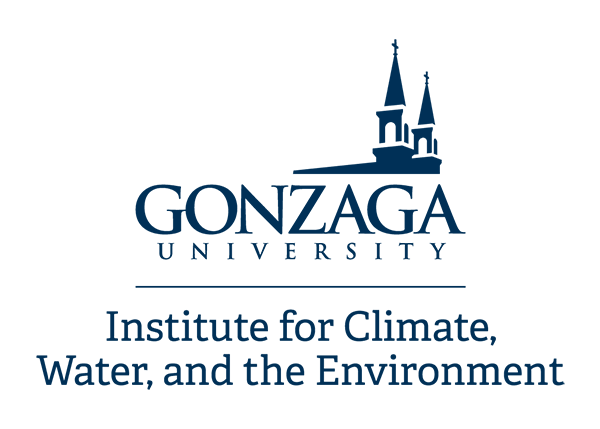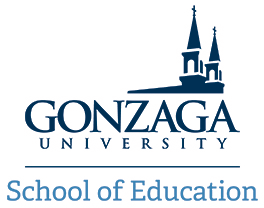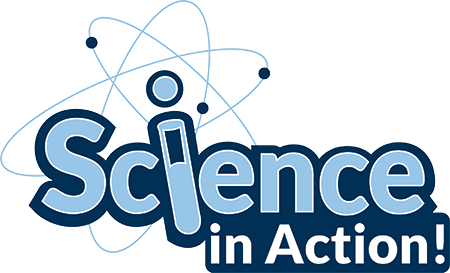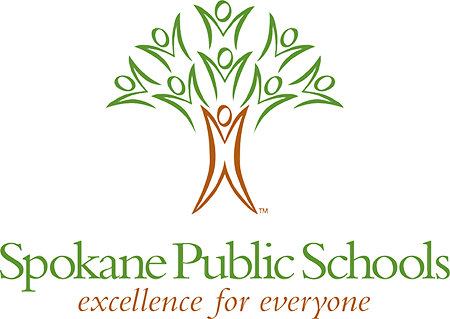Climate Literacy in the Classroom
Enhancing Climate Science Education in Spokane
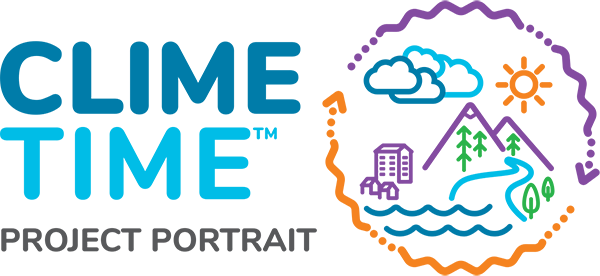
Overview
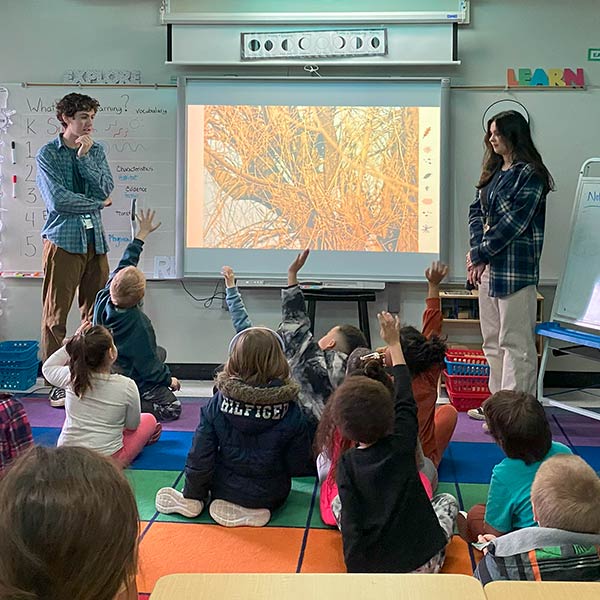
Finding ways to incorporate climate justice
The Gonzaga Institute for Climate, Water, and the Environment launched the Climate Literacy Fellows Program in 2021 in response to Spokane Public School students’ demands for climate education. In 2019, students from Spokane Public Schools created the Student Advisory Council on Climate Change and surveyed 1,300 local students in grades 5-12. Students overwhelmingly wanted more climate education in the classroom. Following this survey, Gonzaga undergraduate students developed 10 climate literacy lessons aligned with Next Generation Science Standards and helped implement these in 26 Spokane School District schools to support student understanding of, and advocacy for, climate education.
What We Did
In partnership with Spokane Public Schools, the Climate Institute created hands-on climate science kits by purchasing kit materials, testing kits, and deploying them in every elementary school in District 81. The Gonzaga Climate Institute hires undergraduate students as Climate Literacy Fellows who are interested in learning about and teaching climate science in local elementary and middle schools. Fellows facilitate learning about climate change through the use of hands on kits. In 2021, the Fellows taught Spokane Public School students different lessons about renewable and non-renewable energy systems and the difference between climate and weather. The original climate kits were developed in partnership with Gonzaga Biology faculty and the Gonzaga’s Science in Action! program. The hands-on lessons allow students to engage with climate materials through different activities. For example, in one lesson, students use their own flashlights to power solar panels and make sense of how energy is transformed.
After a successful first year of the program, the Fellows developed more lessons in 2022 to focus on a wider variety of climate issues. In 2022-2023, the Fellows taught lessons spanning topics such as biomagnification, animal adaptations, and invasive species. All of the lessons are developed to cultivate student-to-student engagement, align with the Next Generation Science Standards, and incorporate the 5E instructional model. The lessons also focus on keeping climate learning local and hopeful in the Spokane region. Lessons are structured with examples that include climate solutions, so students feel empowered after leaving the lesson.
What We Learned
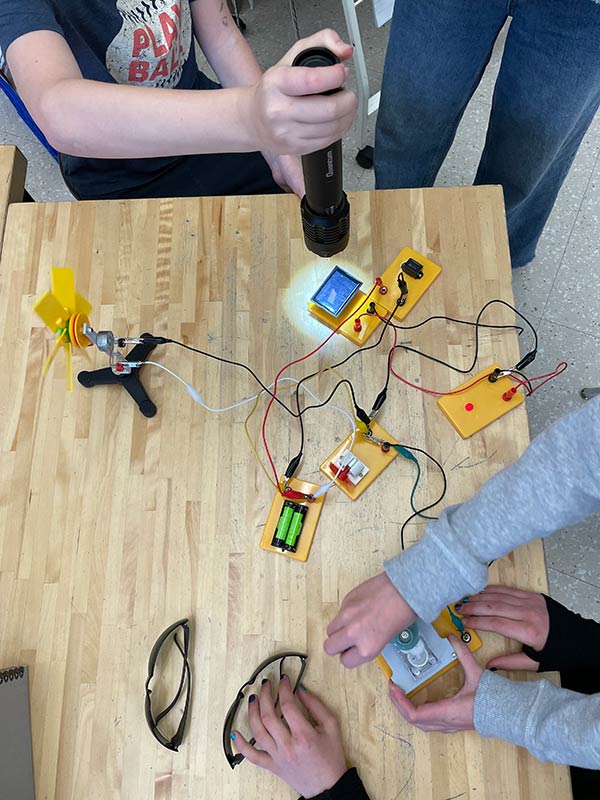
Students use their own flashlights to power solar panels
The Climate Literacy Fellows Program has helped increase teacher confidence in teaching climate science, and the program helps bring climate science to the classroom in a way that applies to teachers and students. Over 45 Spokane Public School teachers have benefited from having a Fellow visit their classroom, and 91% of participating teachers reported that the Climate Literacy Program has made them feel more confident about teaching climate change to students. After a Fellows’ visit, one teacher recalled, “The Fellows continue to build climate understanding in our school. Their lessons are engaging and hands on for all students.” Another teacher mentioned, “[The Fellows] remained flexible with the students and promoted higher level thinking about asking students to support their predictions with reasoning.” And most importantly, teachers are seeing the impact on their students. One teacher shared, “the lessons are making an impact, kids are internalizing what is being taught, and the lessons are helping kids learn.”
However, the learning is not one directional. With feedback from teachers, the Fellows have been able to refine their lessons and teaching methods to include (w)holistic teaching pedagogies. The Fellows are continuing to find ways to incorporate climate justice, place-based phenomena, and climate solutions into their lessons to make them more cross-disciplinary and increase teacher accessibility.
In the Spring of 2023, climate kits were distributed to Spokane Public Schools to allow teachers to continue engaging with climate teaching. Spokane Public School teachers now have the resources and support needed to engage with climate science learning throughout their curriculum.
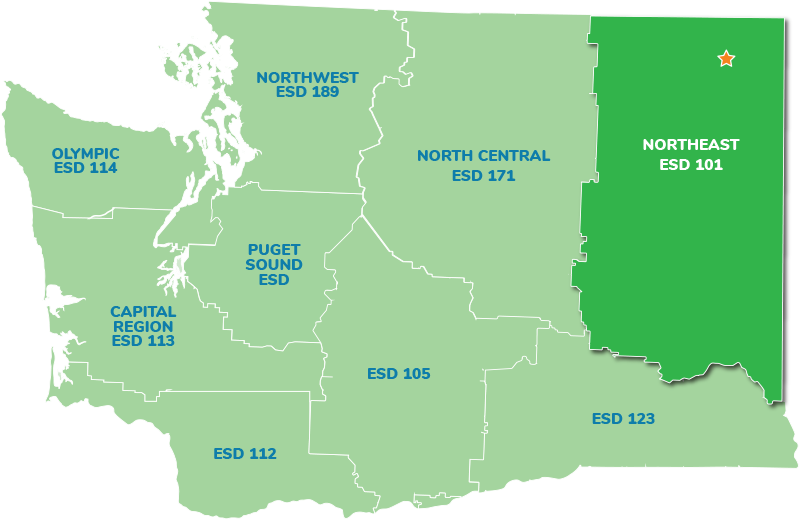
Project Reach
Teachers
Students
Project Partners
